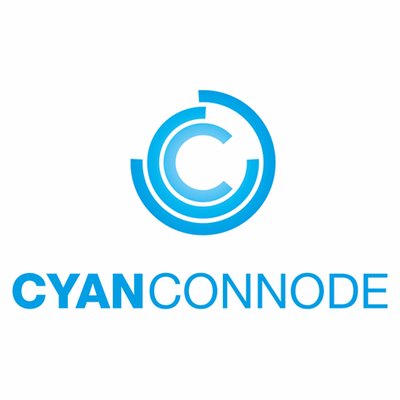The drive for smart, sustainable energy management in India is gaining momentum, fuelled by the rapid urbanisation of its cities and the increasing strain on energy systems. Companies and innovators in the sector are eyeing cutting-edge technologies like Radio Frequency Energy Harvesting (RFEH) and Wi-SUN networks to revolutionise smart metering, a cornerstone of efficient energy distribution. With the promise of optimised energy use, reduced operational costs, and enhanced grid stability, these advancements are charting a bold new course for India’s energy future.
As the foundation of modern smart grids, smart meters provide real-time energy monitoring, enabling utilities to optimise energy distribution, reduce grid congestion, and integrate renewable energy seamlessly. RFEH offers a novel, sustainable solution by harnessing ambient RF energy from telecom towers and similar devices to power low-energy IoT systems, reducing dependence on conventional energy sources. This innovation, while promising, faces challenges in scaling up due to low energy yield and the need for spectrum clearance from the Wireless Planning and Coordination Wing. Industry leaders see it as a complementary technology rather than a standalone solution, capable of driving significant gains when paired with robust systems like Wi-SUN.
Wi-SUN technology strengthens smart metering infrastructure by creating resilient mesh networks that ensure uninterrupted data transmission across densely populated urban areas. This continuous communication enhances the scalability of smart grids, providing real-time data for utilities and consumers. Experts highlight how the synergy of RFEH and Wi-SUN could lead to self-sustaining, efficient networks that support India’s energy transition while addressing the challenges of dense urban energy demands.
Advanced Metering Infrastructure (AMI), coupled with smart meters, plays a crucial role in modernising India’s energy systems. By enabling demand-response mechanisms and time-of-use pricing, AMI empowers utilities to manage peak loads, alleviate grid congestion, and optimise energy distribution. Integration with energy storage systems adds another layer of efficiency, allowing surplus energy to be stored during off-peak hours and utilised during periods of high demand. These systems collectively stabilise the grid while supporting renewable energy integration.
However, the widespread adoption of these technologies is not without its hurdles. Interoperability remains a key challenge, with differing standards across smart grid components complicating seamless communication. Proprietary technologies exacerbate compatibility issues, while cybersecurity concerns loom large with the integration of IoT-enabled systems. Ensuring robust encryption and adopting multi-layered security frameworks are critical to safeguarding sensitive data and maintaining consumer trust.
Despite these challenges, India’s regulatory initiatives, such as the Bureau of Indian Standards and the Central Electricity Authority, are paving the way for uniform communication protocols and enhanced interoperability. The rise of 5G networks and AI-driven cybersecurity solutions further bolsters the prospects of smart grid integration, improving connectivity and security across the board. Collaboration between utilities, technology providers, and startups is emerging as a key strategy to develop innovative and scalable solutions that align with India’s energy management goals.
Smart meters, empowered by RFEH and Wi-SUN, hold immense potential to transform India’s urban energy landscape. While RFEH introduces sustainable energy alternatives, Wi-SUN ensures resilient communication frameworks, setting the stage for a smarter, more sustainable energy future. Overcoming interoperability and security challenges through collaborative efforts and regulatory support will be vital in realising the full potential of these technologies. As India accelerates its transition to smart energy systems, these advancements will play a pivotal role in creating efficient, scalable, and self-sustaining energy networks.
CyanConnode Holdings plc (LON:CYAN) is a world leader in the design and development of Narrowband RF mesh networks that enable Omni Internet of Things (IoT) communications.


